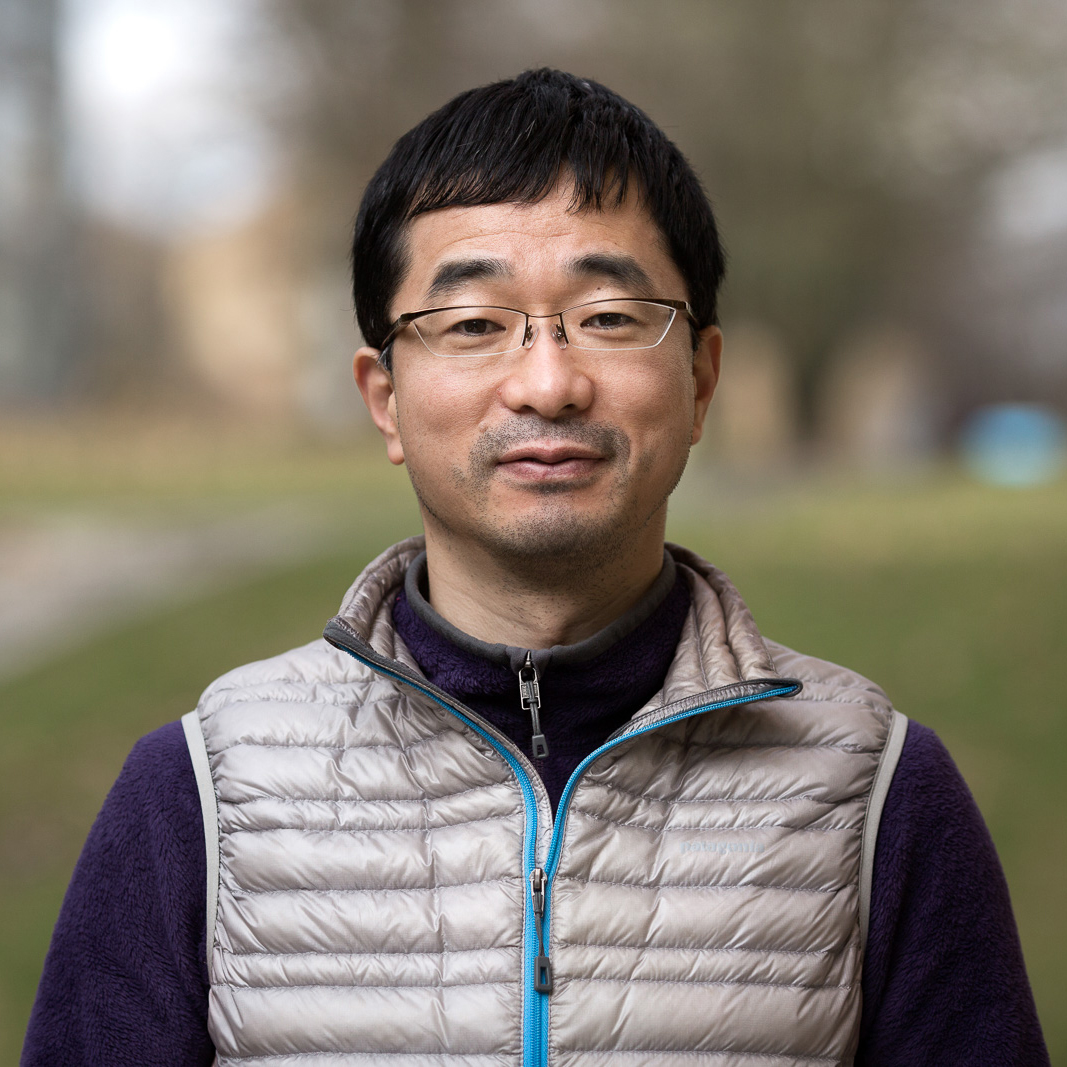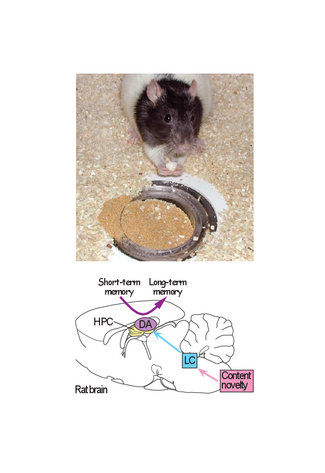
Most of our everyday memories are forgotten. However, the retention of these trivial memories is enhanced when something novel/salient happens shortly before or after the time of memory encoding. Dopamine signaling in the hippocampus plays an important role in this novelty-associated memory enhancement. We recently made a ground-breaking finding (Takeuchi et al., Nature, 2016): projections from the noradrenergic locus coeruleus to the hippocampus can drive the novelty-induced memory enhancement via non-canonical release of dopamine. This is a completely new concept that I will explore by uncovering the molecular mechanisms of novelty detection and subsequent dopamine-dependent memory modulation.
I would like to address two issues:
(1) Which brain area detects novelty and how its signal reaches the locus coeruleus?
(2) Which proteins play crucial roles in novelty-induced memory enhancement in the hippocampus?
I will use sophisticated and well-defined everyday memory tasks in rats, designed to mimic the typical memory of daily life in humans, combined with a multidisciplinary approach. Identification of proteins that enhance memory retention will have the potential to reveal new drug targets for treatment/restoration of lost memory function.
Project title:
Enhancing everyday memory with novelty
Area of research:
Neuroscience
Fellowship period:
1 Feb 2018 – 31 Jul 2019
Fellowship type:
AIAS-COFUND Marie Skłodowska-Curie fellow

This fellowship has received funding from the European Union’s Seventh Framework Programme for research, technological development and demonstration under the Marie Skłodowska-Curie grant agreement No 609033 and The Aarhus University Research Foundation.

